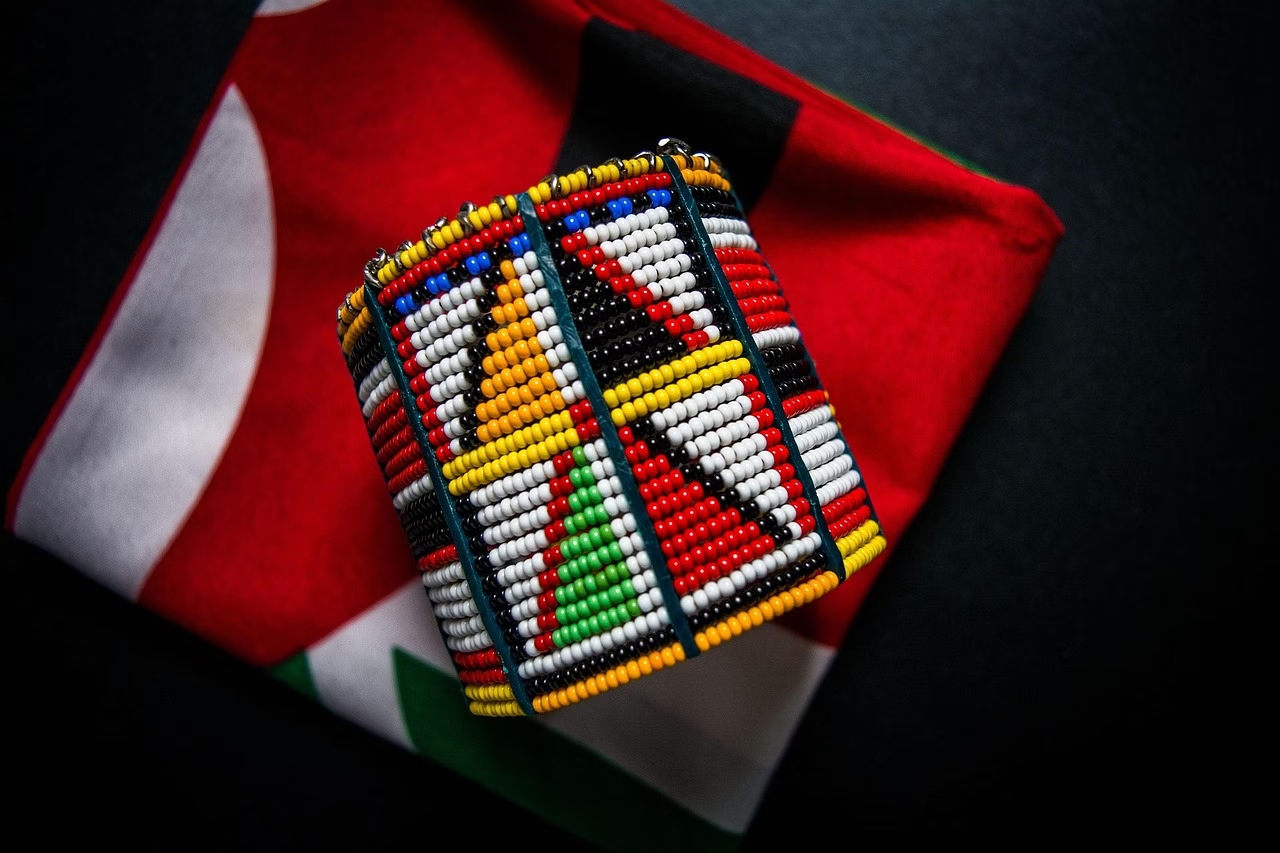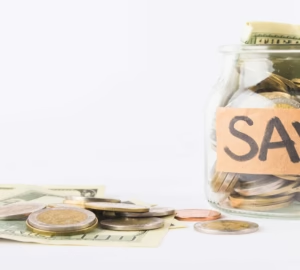Kenya is a land rich in vibrant cultures, diverse landscapes, and incredible artistic talent. This artistic spirit is most beautifully expressed through its local artisan products. These aren’t just souvenirs; they are tangible pieces of heritage, skill, and the heart of Kenyan communities, handcrafted with care and often carrying deep cultural significance. Supporting local artisans means more than just a purchase; it’s an investment in sustainable livelihoods, cultural preservation, and unique, high-quality craftsmanship.
At Retail Place, we believe in championing the incredible talent found right here in Kenya. This comprehensive guide will introduce you to some of the most iconic and sought-after local artisan products, where to find them in Nairobi and beyond, and why choosing handmade is a choice that truly matters.
Why Choose Local Artisan Products in Kenya?
- Authenticity & Story: Each piece tells a story of the artisan, their community, and traditional techniques passed down through generations. You’re buying a piece of Kenya’s soul.
- Support Local Livelihoods: Your purchase directly empowers artisans, often women and youth in rural areas, providing them with a sustainable income and improving their quality of life.
- Cultural Preservation: By buying traditional crafts, you contribute to keeping ancient skills and artistic forms alive for future generations.
- Unique & High Quality: Artisan products are typically made with meticulous attention to detail and often from locally sourced, natural materials, resulting in unique items of superior quality compared to mass-produced goods.
- Sustainable & Ethical: Many artisan groups practice fair trade principles and use eco-friendly materials or recycled elements, contributing to environmental conservation.
Iconic Local Artisan Products You’ll Find in Kenya
The range of Kenyan artisan products is vast and stunning. Here are some of the most popular and culturally significant categories:
1. Maasai Beadwork
- What it is: Intricately designed jewelry (necklaces, bracelets, earrings, anklets, belts) made from small, colorful glass beads.
- Why it’s Special: Maasai beadwork is highly symbolic, with each color and design representing different meanings related to status, age, marital status, and cultural beliefs. It’s a vibrant expression of Maasai identity.
- Beyond Jewelry: You’ll also find beadwork adorning leather sandals, dog collars, keychains, and decorative items.
- Where to Find: Maasai Markets in Nairobi (see below), specialized craft shops, and direct from Maasai communities or fair-trade initiatives.
2. Wood Carvings
- What it is: Sculptures and figurines carved from various local woods like ebony, mahogany, and olive wood.
- Why it’s Special: Kenyan wood carving is renowned for its detail and craftsmanship. Common motifs include wildlife (elephants, giraffes, lions), tribal masks, human figures, and utilitarian items like salad servers, bowls, and candle holders.
- Sustainability: Look for carvings made from sustainably sourced wood or reclaimed wood, often indicated by the artisan or seller. Olive wood products are particularly popular for kitchenware.
- Where to Find: Kamba Carvers cooperatives, Maasai Markets, curio shops, and specialized woodcraft galleries.
3. Kisii Soapstone Carvings
- What it is: Smooth, hand-carved objects made from soapstone, locally known as “kisii stone,” primarily sourced from the Kisii region in Western Kenya.
- Why it’s Special: Soapstone is soft and easy to carve, allowing for intricate details. Pieces range from small animal figurines and abstract shapes to bowls, coasters, and decorative items. They come in natural tones or are often dyed with bright, eco-friendly pigments.
- Where to Find: Direct from Kisii artisans, Maasai Markets, and curio shops throughout Kenya.
4. Handwoven Baskets & Mats (Kiondos)
- What it is: Intricately woven baskets, traditionally known as kiondos, made from natural fibers like sisal, baobab, or recycled plastic strips, often with leather handles.
- Why it’s Special: Kiondos are highly versatile, used for shopping, storage, or as stylish fashion accessories. Each basket is a testament to the weaver’s skill, and many are made by women’s cooperatives, providing vital economic empowerment.
- Variety: Available in countless sizes, patterns, and color combinations, from traditional earth tones to vibrant contemporary designs.
- Where to Find: Maasai Markets, direct from women’s weaving groups (e.g., through fair-trade organizations), and specialized craft shops.
5. Textiles & Fabric Art (Kikoy, Kanga, Batik, Kitenge)
- What it is: Vibrant fabrics with rich cultural significance.
- Kikoy: A light, woven cotton wrap traditionally worn by men along the coast, but now popular as beach towels, sarongs, or scarves.
- Kanga: Brightly colored, printed cotton fabric with Swahili proverbs (jina) along the borders, worn by women and used for baby carrying, decor, or gifting.
- Batik & Kitenge: Hand-dyed or printed fabrics often featuring African motifs, used for clothing, bags, wall hangings, and home decor.
- Why it’s Special: These fabrics are central to Kenyan fashion and daily life. Artisans transform them into unique garments, accessories, and home items.
- Where to Find: Biashara Street (Nairobi), Maasai Markets, fabric shops, and ethical fashion brands.
6. Recycled & Upcycled Art
- What it is: Creative pieces made from repurposed materials, reflecting Kenya’s ingenuity and commitment to sustainability.
- Why it’s Special: Includes everything from recycled glass art (e.g., Kitengela Hot Glass) to metal sculptures made from scrap, or bags crafted from recycled dhow sails (Ali Lamu). These pieces are not only beautiful but also tell a powerful story of transformation and environmental consciousness.
- Where to Find: Specialized galleries (e.g., Kitengela Hot Glass), dedicated eco-craft shops, and some higher-end Maasai Market stalls.
Where to Buy Local Artisan Products in Nairobi
Nairobi offers numerous avenues to discover and purchase these unique treasures:
- Maasai Markets: These nomadic markets move around the city on different days of the week (e.g., Tuesday at Westgate, Wednesday at Capital Centre, Friday at Village Market, Saturday behind Hilton/High Court, Sunday at Yaya Centre). They offer the widest variety, and bargaining is expected!
- Kazuri Beads & Pottery Centre (Karen): Visit the workshop to see women handcraft beautiful ceramic beads and pottery, then buy directly from their gift shop. A fantastic social enterprise.
- Amani ya Juu (Riverside): A fair-trade organization empowering marginalized women through training and creation of beautiful textile products (bags, clothing, home decor) and other crafts. They have a lovely gift shop.
- The Artisanal Gallery (Gigiri): A curated space showcasing high-quality handcrafted items from various local artisans, offering a more refined shopping experience.
- Utamaduni Crafts Centre (Karen): A large house filled with crafts from across Africa, including many Kenyan pieces. While priced for tourists, the selection is vast and varied.
- Spinners Web (Kitisuru): Features a wide range of local crafts, clothing, weavings, sculptures, and art from East Africa.
- Online Platforms: A growing number of online shops and social media pages (e.g., Artisan Duka, The Maasai Shop, Joylands Online Crafts Shop, Hadithi Crafts) connect consumers directly with artisans or curated collections, making it easy to support local from anywhere.
Embracing local artisan products in Kenya is a beautiful way to bring authentic culture, history, and incredible craftsmanship into your home. Each purchase is a direct contribution to the empowerment of skilled individuals and the preservation of invaluable traditions. So, next time you’re looking for a gift, a unique home decor piece, or a personal accessory, choose handmade and experience the magic of Kenyan artistry.









